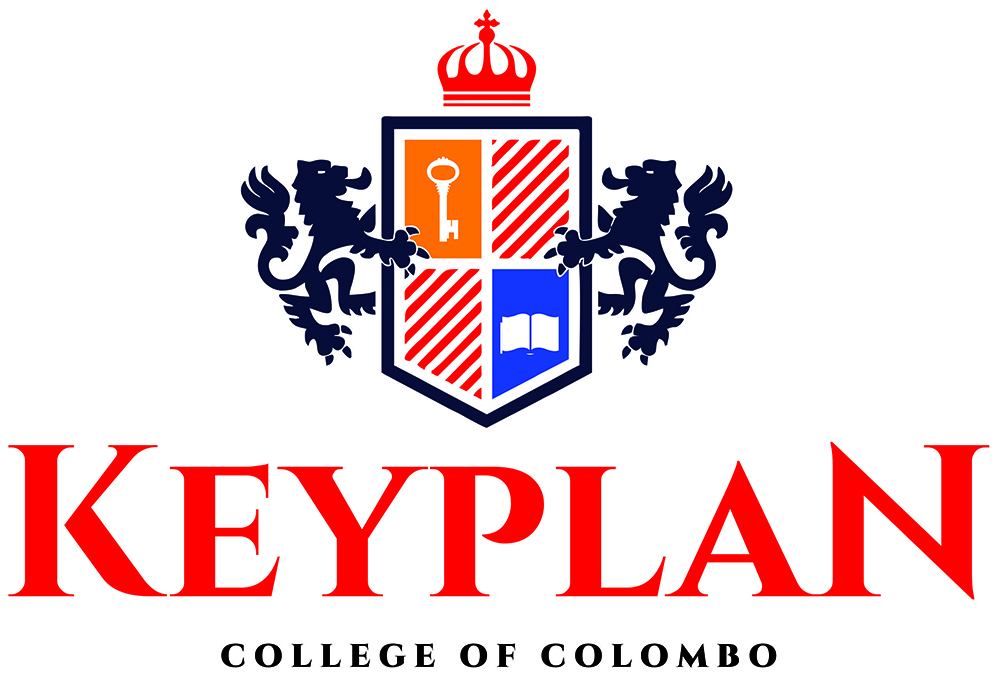Overview
This qualification is suitable for learners aged 16 and above. This qualification provides learners with the knowledge that is required to work in a range of environments in a business administration role. Learners will know how to carry out administrative tasks such as managing information and supporting events and will be able to apply their knowledge in a variety of industries and job roles. This qualification is suitable for use within a Study Programme.
Delivery Methods
Keyplan College of Colombo level 2 certificate in principles of business and administration provides various flexible delivery methods to its learners which include blended learning, online learning, distance learning, and in class. The learners can choose the mode of study as per their choice and convenience. Learners are able to:
- All course material, including online modules and written assignments
- Teacher support
- KC Colombo online portal ( 24/7 access to our user-friendly learning portal)
- Assignments briefing
- Excellent quality of study notes
- Assignment marking and feedback
- Online library.
- Fully accredited UK courses
- Dedicated customer support via chat, telephone, and email ( Monday to Friday)
- Proper support to our students until they completed the course.
Accreditation
Ncfe / Cache Ofqual regulated awarding bodies
NCFE / Ncfe Awarding body / NCFE courses
Ncfe level 2 certificate in principles of business and administration

NCFE Qualifications
Duration
The programme is available in 2 duration modes:
- 06 Months
- 09 Months
Course Delivery
- Online
- In class ( we have a different fee structure for in-class students )
Entry Requirements
learners must be aged 16 or above to undertake this qualification.
Module Structure
To be awarded the NCFE Level 2 Certificate in Principles of Business Administration, learners are required to successfully complete the 5 mandatory units and 2 optional units.
This qualification consists of 5 mandatory units:
Module Details
Mandatory Group A
| Unit No | Unit title |
| Unit 01 | Principles of providing administrative services |
| Unit 02 | Principles of business document production and information management |
| Unit 03 | Understand communication in a business environment |
| Unit 04 | Understand employer organisations |
| Unit 05 | Understand how to develop working relationships with colleagues |
Optional Group B
| Unit No | Unit title |
| Unit 06 | Understand how to carry out business administration tasks |
| Unit 07 | Understand how to provide administrative support for meetings |
| Unit 08 | Understand how to prepare text |
| Unit 09 | Understand how to store, retrieve and archive information |
| Unit 10 | Understand the administration of human resource records |
| Unit 11 | Understand how to use and maintain supplies and office equipment |
| Unit 12 | Understand customer service |
| Unit 13 | Understand the use of research in business |
| Unit 14 | Principles of customer relationships |
| Unit 15 | Know how to publish, integrate and share using social media |
| Unit 16 | Exploring social media |
| Unit 17 | Understand the safe use of online and social media platforms |
| Unit 18 | Principles of equality and diversity in the workplace |
| Unit 19 | Principles of marketing theory |
| Unit 20 | Principles of digital marketing |
| Unit 21 | Principles of team leading |
Progression
Learners who achieve this qualification could progress to:
- NCFE Level 3 Certificate in Principles of Business Administration
- NCFE Level 2 Apprenticeship in Business Administration
- NCFE Level 3 Apprenticeship in Business Administration
- NCFE Level 3 Diploma in Skills for Business: Human Resources
- NCFE Level 4 NVQ Diploma in Business Administration
It may also be useful to learners studying qualifications in the following sector areas:
- Travel and Tourism
- Sport, Leisure, and Recreation
- Retail
- Health, Public Services, and Care
- Arts, Media and Publishing
Who is it suitable for?
This qualification is designed for learners aged 19+ who want to progress into employment in the first instance, or further learning, depending on their own needs and interests.
Which type of job roles can learners apply for on completion?
While completing this qualification, learners may develop the knowledge, understanding and essential skills employers look for in employees. These range from familiar ‘key skills’ such as team working, independent learning and problem solving, to more tricky-to-measure skills such as:
- an appreciation for appropriate behaviour and dress
- appropriate interpersonal skills
- communicating with professional colleagues/peers and/or hierarchical seniors
- supporting other aspiring employees
- personal manners and deportment
- understanding work practices and how different roles and departments function within an

